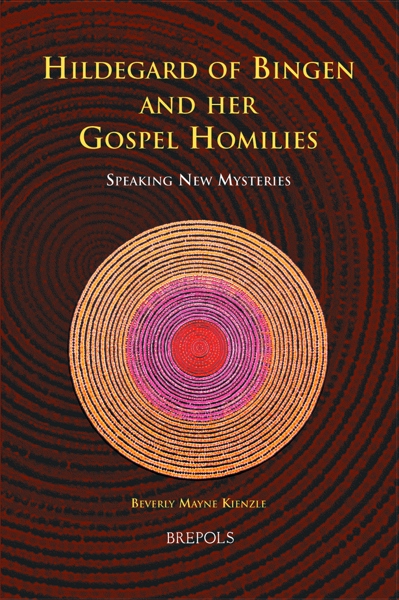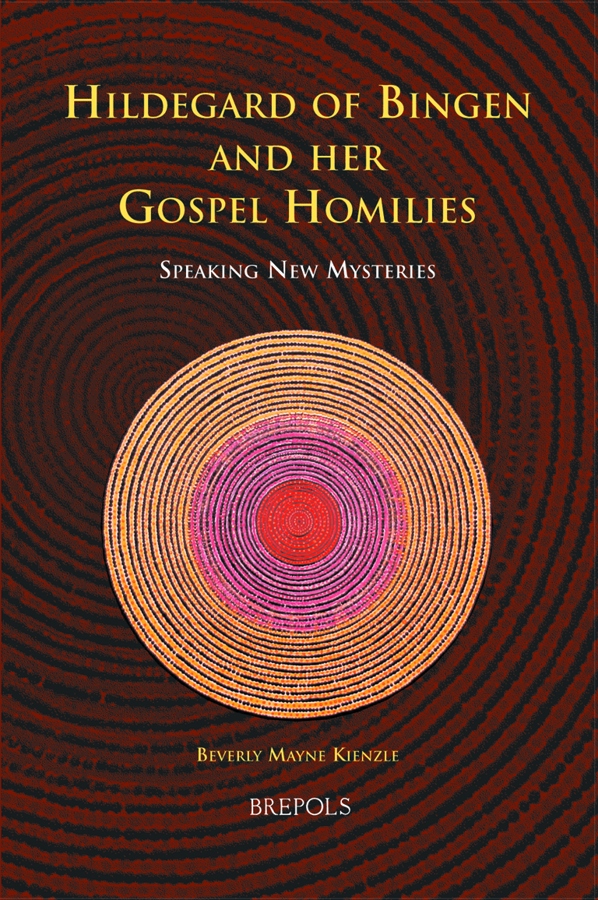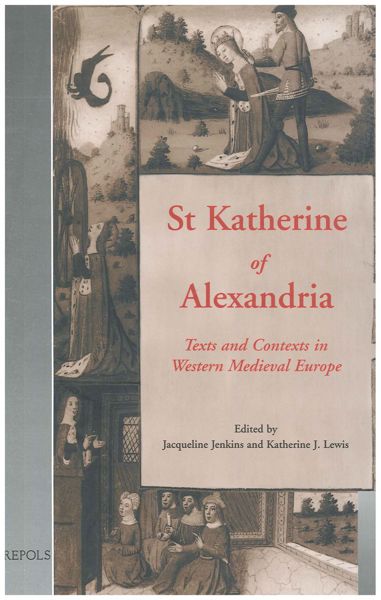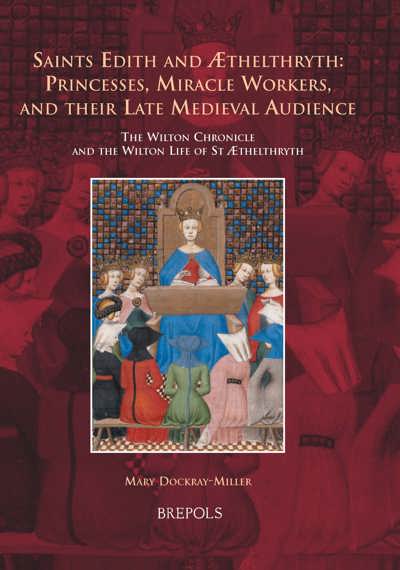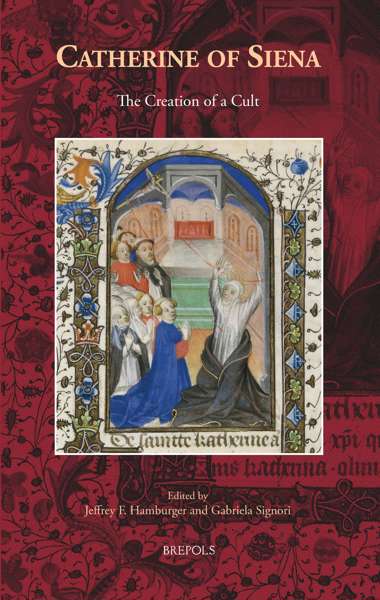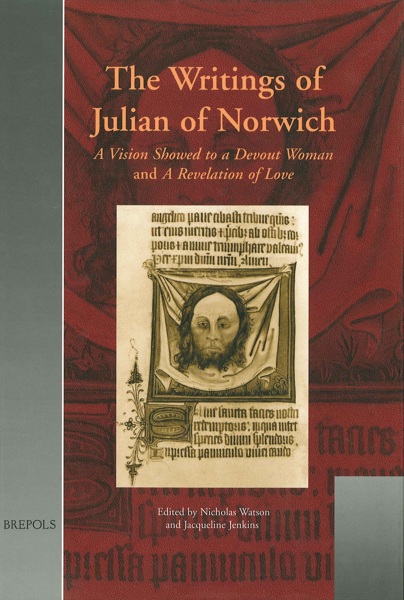
- Pages: xvi + 338 p.
- Size:160 x 240 mm
- Language(s):English, Latin, German
- Publication Year:2009
- € 85,00 EXCL. VAT RETAIL PRICE
- ISBN: 978-2-503-51777-3
- Hardback
- Available
- € 85,00 EXCL. VAT RETAIL PRICE
- ISBN: 978-2-503-56236-0
- E-book
- Available
This text constitutes the first in-depth study of Hildegard of Bingen’s Expositiones and of her exegesis, preaching, and use of sources.
"Comme le dit le texte de la jaquette, "this is a new, exciting and erudite study on one of the most influential female mystics"." (C. A., dans Revue bénédictine, 2010/2, p. 371)
"This is a thourough piece of scholarship. Kienzle carefully places the Expositiones in context both of the traditions in which Hildegard stood and of her broader œuvre." (John W. Coakley, in Church History: Studies in Christianity and Culture 80/1, March 2011, p. 151)
"Hildegard of Bingen and her Gospel Homilies is an erudite work, but also engaging reading. It brings new knowledge on Hildegard and her works as well as on the conditions of female religious learning in the twelfth century. It is a most welcome addition to the existing literature on Hildegard of Bingen and her time." (B. Istoft, in: Journal of Religion in Europe, vol. 4, 2011, p. 504-506)
"Beverly M. Kienzle hat mit ihrem Buch über die Evangelienauslegungen Hildegards von Bingen einen bedeutenden Beitrag zur Erforschung der Grossen Visionärin und zur Geschichte der Exegese des Mittelalters geleistet. Man kann dem Buch nur eine weite Verbreitung wünschen." (Michael Embach, in: Medieval Sermon Studies, Vol. 56, 2012, p. 73)
"Beverly Mayne Kienzle is well known for her scholarship on Hildegard as a preacher and teacher. This fine study complements her other two works on the homilies (...) and makes these lesser known Hildegardian works accessible to a broader audience.(...) Importantly, Kienzle situates Hildegard and her learning within the wider context of the vibrant monastic milieu of religious reform and intellectual exchange. She deftly outlines the breadth of monastic women’s learning in Germany in the twelfth century, and their involvement in intellectual networks, emphasising the formative nature of this religious culture for Hildegard." (Julie Hotchin, in: Parergon, 32.1, 2015, p. 297-298)
